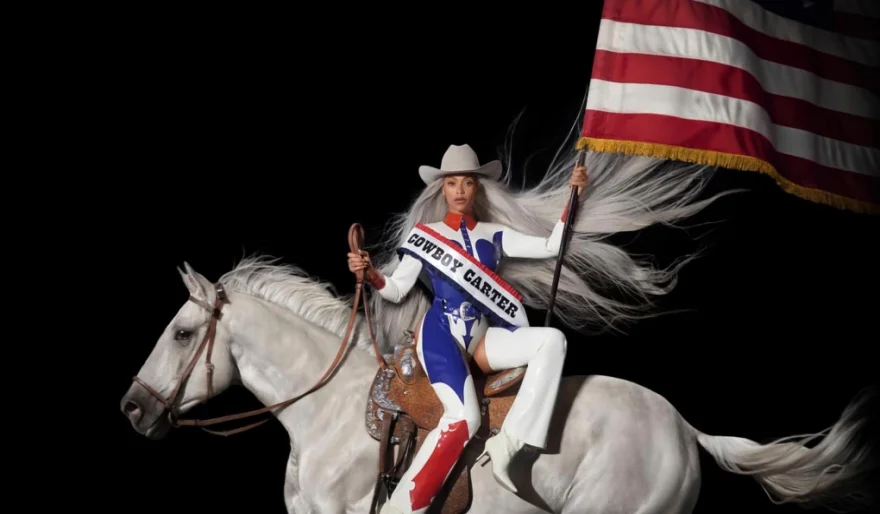Stay Ahead of the Curve
Latest AI news, expert analysis, bold opinions, and key trends — delivered to your inbox.
Beyoncé's latest album, "Cowboy Carter," serves as a bold statement opposing AI-generated music
4 min read Beyoncé's recent album drop, "Cowboy Carter," has sparked excitement in the music scene. Yet, beyond its infectious melodies and emotive vocals, some discern a profound statement: it's a call-out against the increasing influence of AI in music creation. April 02, 2024 05:42
Beyoncé's latest release, "Cowboy Carter," has the music world buzzing. But beyond the catchy tunes and undeniable star power, some critics are seeing a deeper message: a challenge to the growing presence of AI in music creation.
A Return to Roots?
In a press release, Beyoncé highlighted the use of "real instruments" and the importance of human expression in crafting the album. This focus on authenticity stands in stark contrast to the rise of AI, which can generate music in a variety of styles. While some view AI as a creative tool, others fear it could lead to formulaic music and diminish the value of human artistry.
Thematic Clues?
"Cowboy Carter" delves into themes of artistic ownership and theft. This could be interpreted as a commentary on how AI music is sometimes trained on existing music without properly crediting the original artists.
Is it a deliberate message?
It's important to remember that this is an open-ended analysis. Beyoncé hasn't explicitly stated that "Cowboy Carter" is a critique of AI music. However, the album's emphasis on human connection and traditional instruments, coupled with the ongoing conversation about AI's role in music, has sparked a fascinating discussion.
The Future of Music: Humans vs. Machines?
One thing's for sure: Beyoncé's new album has ignited a debate about the future of music. Will AI become a collaborator, or will it ultimately replace human musicians? "Cowboy Carter" doesn't offer easy answers, but it challenges us to consider the role technology should play in the ever-evolving world of music.



















 AI Agents
AI Agents